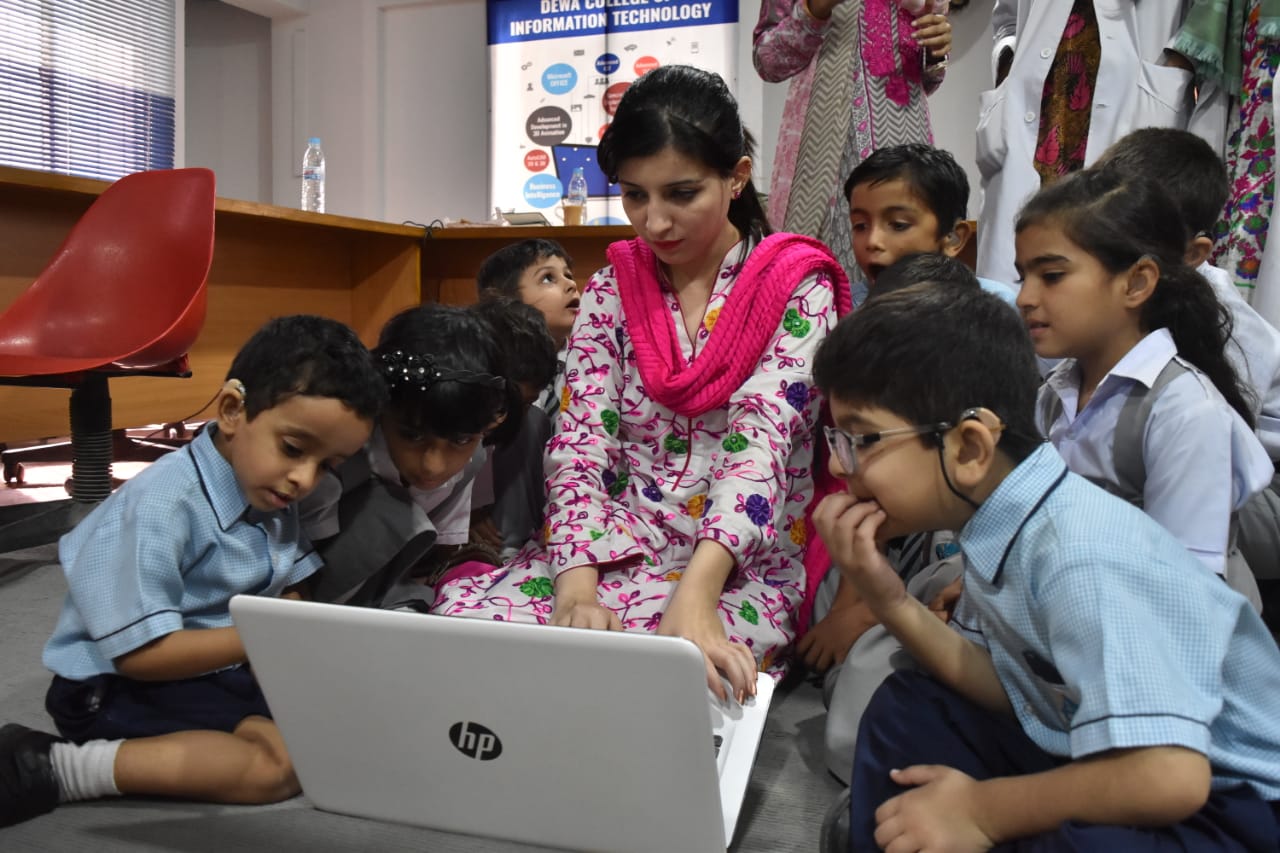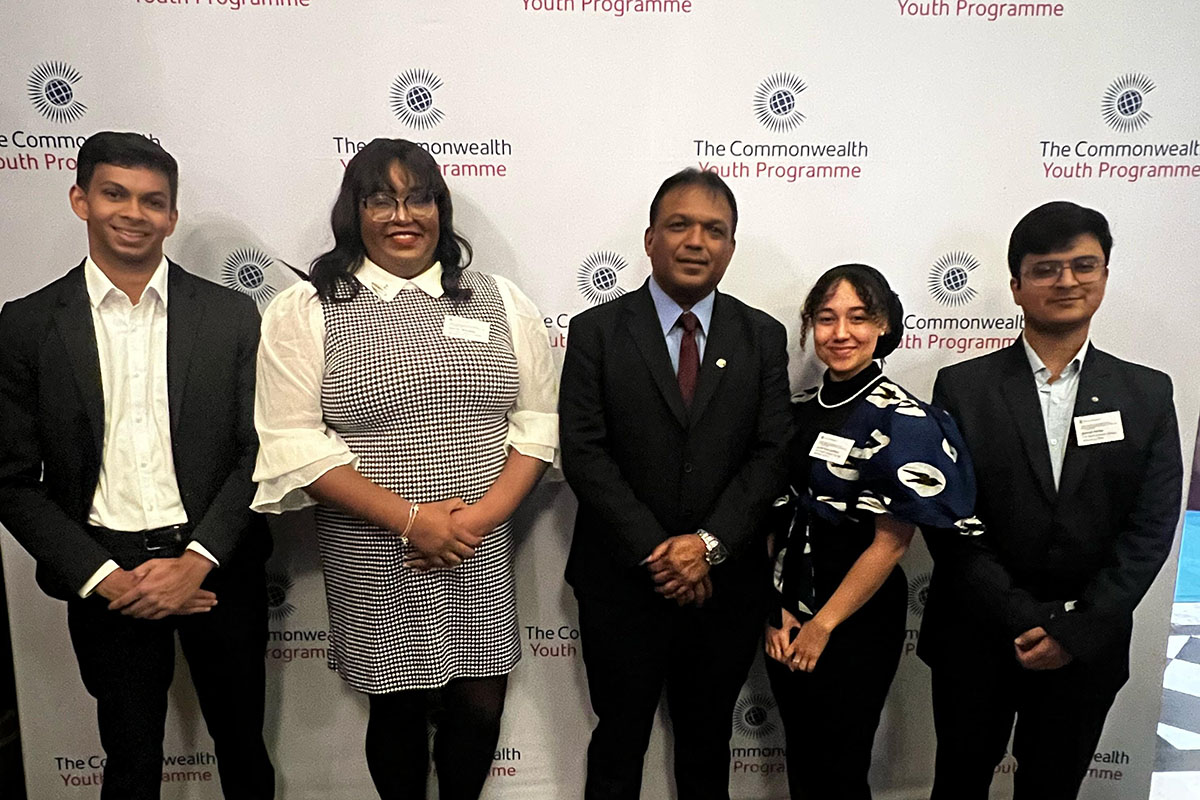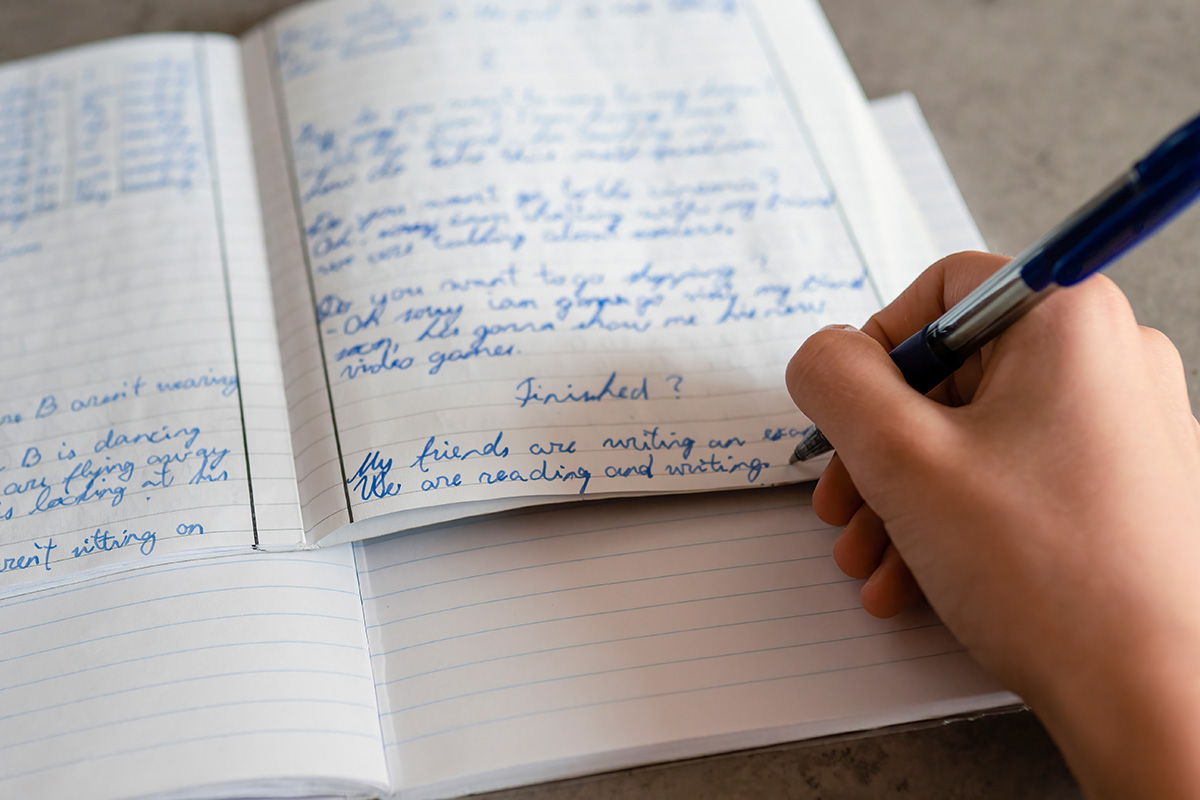Giving a voice to the voiceless
May 30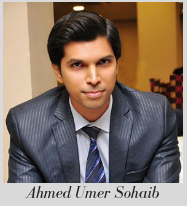
Bolo Tech, possibly the first Urdu speech therapy platform in the world, was designed by Shanza Khan Shahani, one of the 2019 Commonwealth Youth Award finalists, and Rabab Fatima. Commonwealth Correspondent Ahmed Umer Sohaib, 26, from Lahore, Pakistan, spoke to Shanza about the groundbreaking tool that is helping people with speech problems to communicate, and her journey into entrepreneurship as a young Pakistani female.
Q: Tell us about yourself.
I graduated from Jinnah University for Women with a Bachelor’s degree in Software Engineering. I was always billed among the high achievers, I didn’t pay much attention to this cliché since I had my own distinctive ideas.
Q: Tell us about your journey to start Bolo Tech.
The journey from just Shanza Khan to Shanza Khan, the co-founder of Bolo Tech, was more like a transformation from a caterpillar to a butterfly. I found a profound purpose in my life which ignited the spark in my soul. I wanted to devote myself and my knowledge to cater to the needs of differently abled people. So, I developed what I believe to be the world’s first speech therapy platform in the Urdu language. All that hard work paid off when I saw the first kid happily using our platform and improving at a rate we had not imagined.
Q: What are some of the unique features of the platform?
Bolo Tech has developed speech therapy tools to assist people with speech impediments. Our easy-to-use portal enables verbal interaction of individuals with speech problems with caretakers, parents and health professionals. It assesses their performance and improves their speech.
We have clinical and home-based therapy solutions to facilitate speech and communication difficulties, primarily in Urdu. The platform is readily available and accessible in every part of the country. It is very cheap compared to traditional speech therapists in the country. So far, we’ve introduced our product to many schools and hospitals for further research and development purposes as well.
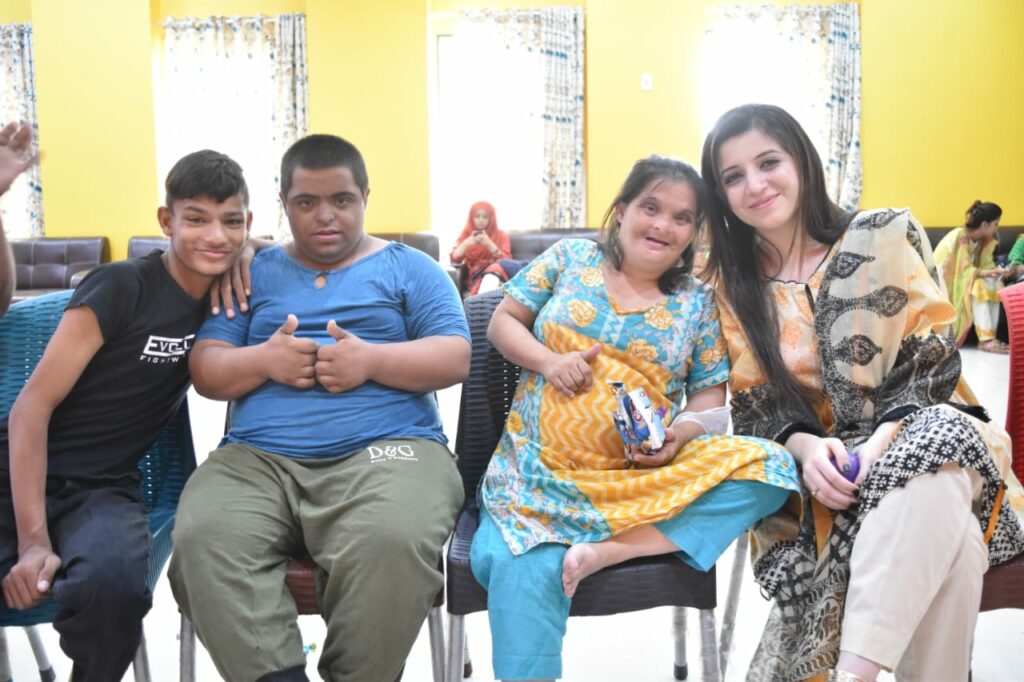
Q: What is Bolo Tech’s impact?
We have 100 individual users locally and globally. Twenty users are using Bolo Tech as a means of therapy. Two schools and hospitals currently use our system for therapeutic purposes, and we are talking to two large hospitals in Karachi. We are also in talks with Hamza Foundation for the Deaf and Rising Sun Institute for special children in Lahore.
Q: What inspired you to work for people who have a speech impairment?
An estimated 244,000 people in Pakistan have a speech or hearing impediment. A British Council report suggests that there is only one speech therapist/psychologist for every 22,000 people with speech impairments. The conditions of being a developing country make the situation worse. We are making a conscious effort to develop solutions that can help empower marginalised groups, such as people with disabilities, to play a more meaningful role in the society. Our objective is to provide therapy easily and cost-effectively with speech exercises in the form of games.
Q: What has it been like working as a woman in Pakistani society?
This project stemmed from a personal realisation of the fact that there were near to zero female figures leading tech companies. Also, the deep-rooted misogynist belief that women don’t belong in STEM (Science, Technology, Engineering and Mathematics) fields seemed particularly absurd. Putting together the two odds: women and tech, Bolo Tech was formed.
According to statistics, there are more women than men. In a conservative, male-dominated society, this makes them more vulnerable. Being a women-led initiative, we have a special concern to integrate women into mainstream society by creating more opportunities for them. However, I would like to say that Pakistan is strongly advocating women’s empowerment and through the Commonwealth, I strongly believe that the situation will improve.
Q: Your work in Bolo Tech has been appreciated and admired locally and globally. Has your connection with the Commonwealth helped?
I feel quite honoured to have been considered by the Commonwealth for my initiative. I commend them for recognising the efforts people are making around the world to make this world a better place for all of us.
My encounter with the Commonwealth was exactly what I needed at that point in life. It motivated me to achieve new heights and set new goals for myself. I believe that I can take my initiative to enormous heights within a short period and I can move towards other big projects to serve humanity.
Q: What is your vision for Bolo Tech? Do you envision collaboration with other global tech companies?
Bolo Tech is always open to collaboration. The only thing we need in return is honest feedback, so we can constantly improve. I would love to work with like-minded people and people with more expertise than I have. I believe that there’s a lot to improve and a lot of things to learn. Working for solutions the world needs right now requires people collaborating from all nations.
Q: What can we expect from Bolo Tech in the near future?
I plan to cater for all types of disabilities using technology, the world’s most phenomenal asset. I plan to make digital platforms so that every differently abled person faces no problems in carrying out daily tasks.
The Commonwealth Youth Awards for Excellence in Development Work highlights the contributions of young people who are making a difference in their communities and celebrates their contributions to the Sustainable Development Goals (SDGs).
About me: I am a passionate writer, a scientific researcher and an eloquent speaker from Lahore, Pakistan. I have served as Head of the Standing Committee on National Security and Foreign Affairs in the Youth Parliament in Pakistan. I am a true democrat with an aptitude of formulating policies through rational debates. I volunteer in social work and write for Pakistan’s top newspapers. Currently, I am a lecturer in Superior University Lahore where I teach and inspire students to reach for their goals.
……………………………………………………………………………………………………………………………………………………
Opinions expressed in this article are those of the author and do not necessarily represent the views of the Commonwealth Youth Programme. Articles are published in a spirit of dialogue, respect and understanding. If you disagree, why not submit a response?
To learn more about becoming a Commonwealth Correspondent please visit: http://www.yourcommonwealth.org/submit-articles/
……………………………………………………………………………………………………………………………………………………
